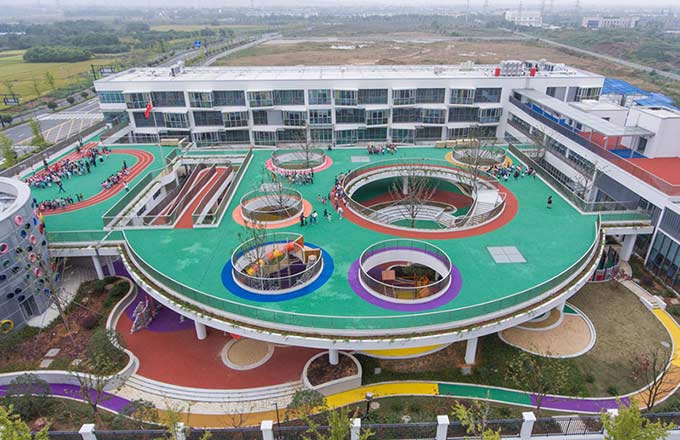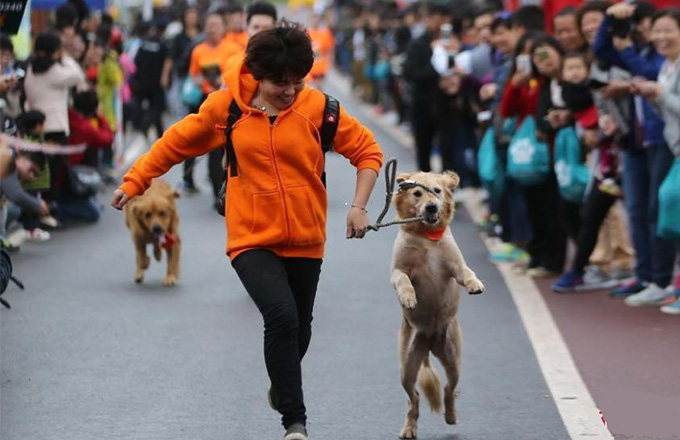Top court pledges protection for heroes' honor
BEIJING -- China's top court has pledged to protect the reputation and honor of the country's heroes in accordance with the law to "uphold socialist core values."
The Supreme People's Court (SPC) on Wednesday published five examples of lawsuits involving derogatory or humiliating comments about China's famous war heroes.
The cases include one in which a local court in Beijing ordered an Internet celebrity and a beverage maker to apologize to the family of deceased war hero Qiu Shaoyun for microblog posts that the court said infringed on Qiu's rights to reputation and honor.
Qiu, who burned to death while trying to protect his troop's position in an ambush mission, was flippantly mocked by the defendants.
Another case involved a court ruling against a magazine's former chief editor, who called into question facts surrounding "The Five Warriors of Mount Langyashan," a famous group of Chinese war heros who jumped off a cliff when fighting against Japanese invaders during World War II.
Cheng Xinwen, a senior civil tribunal justice of the SPC, said the cases not only matter for the personal reputation and honor of the heroes themselves, but also for the socialist core values and public interest.
Publishing these cases is intended to illustrate the essence of socialist core values and encourage the public to respect the country's heroes, learn from them and care for them, Cheng said.
Cheng cited social mores in the protection of deceased heroes' reputations.
Warning that the freedom of academic research and speech should have boundaries, the judge also noted that ordinary academic issues are not within the judiciary's power, thus the courts are required to exert careful discretion in relevant cases.
Cheng further explained the general principles regarding trials for slander and infringement via online media.
- Russian cosmonauts congratulate Chinese astronauts, wish to fly together in space
- Chinese stamps added to Guinness record book
- China to improve education service for elderly
- Typhoon Haima to bring heavy rain to eastern Taiwan
- Fudan University seeking dean, executive dean, and associate deans of Fudan-Oceanwide International School of Finance























